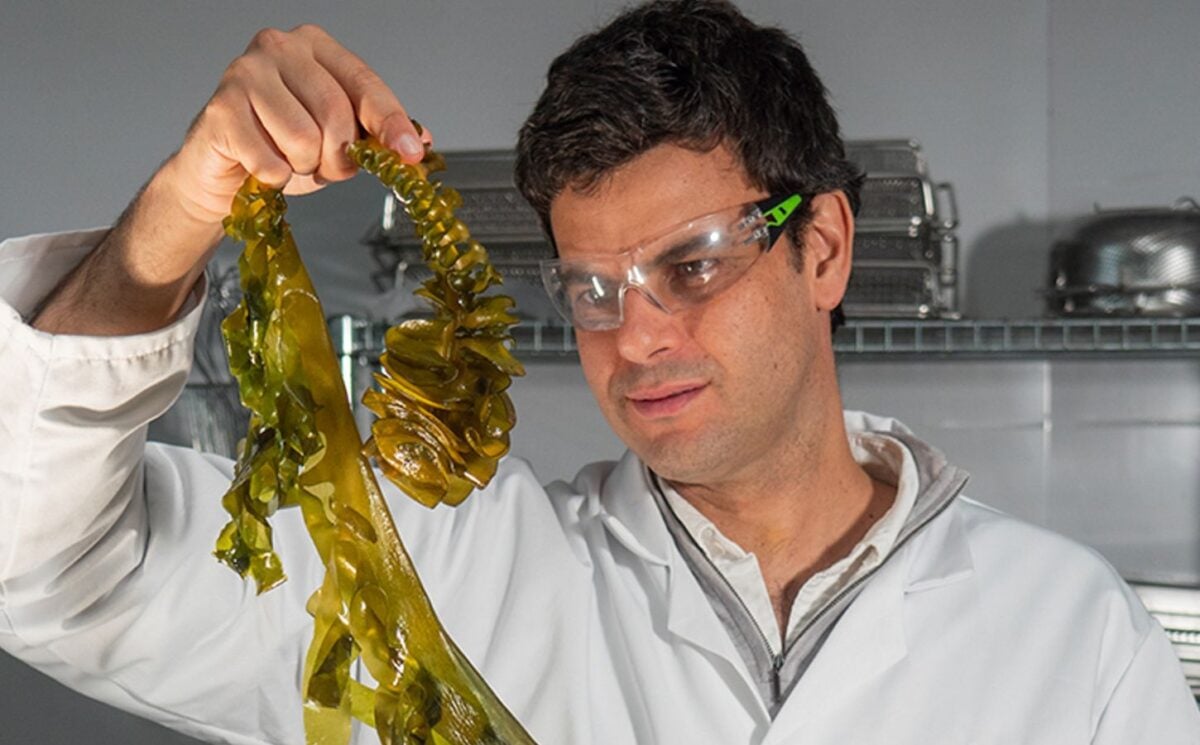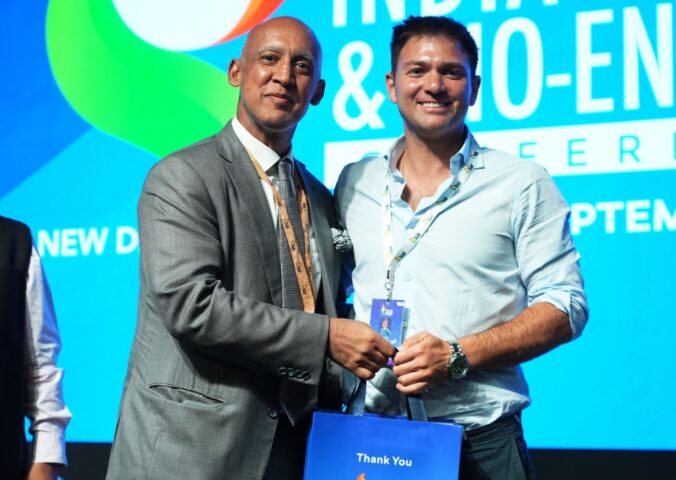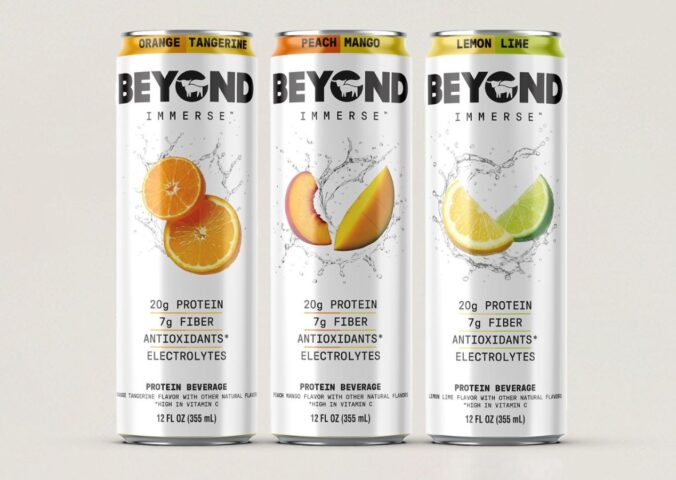Notpla recently reported a successful series A+ funding round in which the company secured GBP £20 million to develop, scale, and expand its sustainable seaweed-based packaging operation.
Read more: Tesco And Sainsbury’s Ditch Hummus Lids To Save Plastic
UB Forest Industry Green Growth Fund led the fundraising round, which included participation from new and existing investors like Horizons Ventures, Astanor Ventures, Trousdale Ventures, and Temasek Trust’s Catalytic Capital for Climate & Health (C3H).
“Notpla’s innovative approach to sustainable packaging, particularly its use of seaweed as a renewable resource, represents a groundbreaking shift away from traditional single-use plastics,” said UB Forest Industry Green Growth Fund’s Senior Partner David Walker.
“We’re excited to partner with Notpla as they scale their operations and continue to lead the charge in reducing the environmental impact of packaging globally.”
Read more: Plastic-Eating Fungi Could Help Tackle Plastic Pollution
Swapping plastic for plants

Notpla makes containers, cutlery, paper, dry food sachets, and many other types of packaging from seaweed and plants. The London-based company says its compostable and plastic-free products have eliminated 16 million single-use plastics in the last 10 years.
In a statement, Notpla details its plans to increase this to 100 million single-use plastics within two years. Its seaweed-based utensils and containers are already used in 10 different European markets and have been deployed by major international brands such as Just Eat.
Nearly 100 billion pieces of plastic packaging are thrown away in the UK every year, and drink containers account for around 83 percent of all household packaging waste. Furthermore, fast food packaging is responsible for 88 percent of the world’s coastline litter, and food packaging makes up nearly 30 percent of municipal solid waste in the US.
“We believe that Notpla’s strong customer traction and product innovation position them well for further business expansion, as they realize even more impact and reduce the environmental harm caused by single-use plastics,” said C3H Director Ryan Tan.
Read more: Plastic Bags On Beaches Have Reduced By 80% Since Charge Introduced






